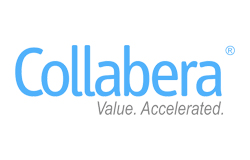Tinder was facing a lot of challenges related to scale and stability. They wanted to be able to answer more requests per second, but their current systems couldn’t support that.
New York Times took over 45 minutes to push one legacy deployment, and their speed of deployment and productivity was going lower and lower.
Airbnb wanted to add in new services, they wanted to scale continuous delivery horizontally, making CD available.
When Pokemon Go’s user base increased exponentially, they faced immense challenges in scaling vertically and horizontally.
And how did all these and many more companies overcome their challenges?
By adopting Microservices and Kubernetes.
What is Kubernetes and Microservices?
Kubernetes is an open-source orchestrator for deploying containerized applications or microservices. Microservices is an architectural style or approach for developing a single application as a bunch of smaller services, each running its own process and communicating.
Organizations globally have been able to reap the benefits of Kubernetes and microservices – be it IBM, Infosys, Wipro, Netflix, Honeywell, Walmart, or Amazon. They are immensely useful across domains. Retail, media and entertainment, IT and ITES, aviation, telecom, BFSI, all sectors will find Kubernetes and microservices to be immensely useful to incorporate in their development processes and operations.
With this, the Indian Staffing Federation is organizing a webinar to help participants discover more about this revolutionary new approach to building applications.
Title: Plan your development with Microservices and Kubernetes
Date: 9 May 2020
Time: 10:00 AM to 12:00 PM
This webinar will cover:

